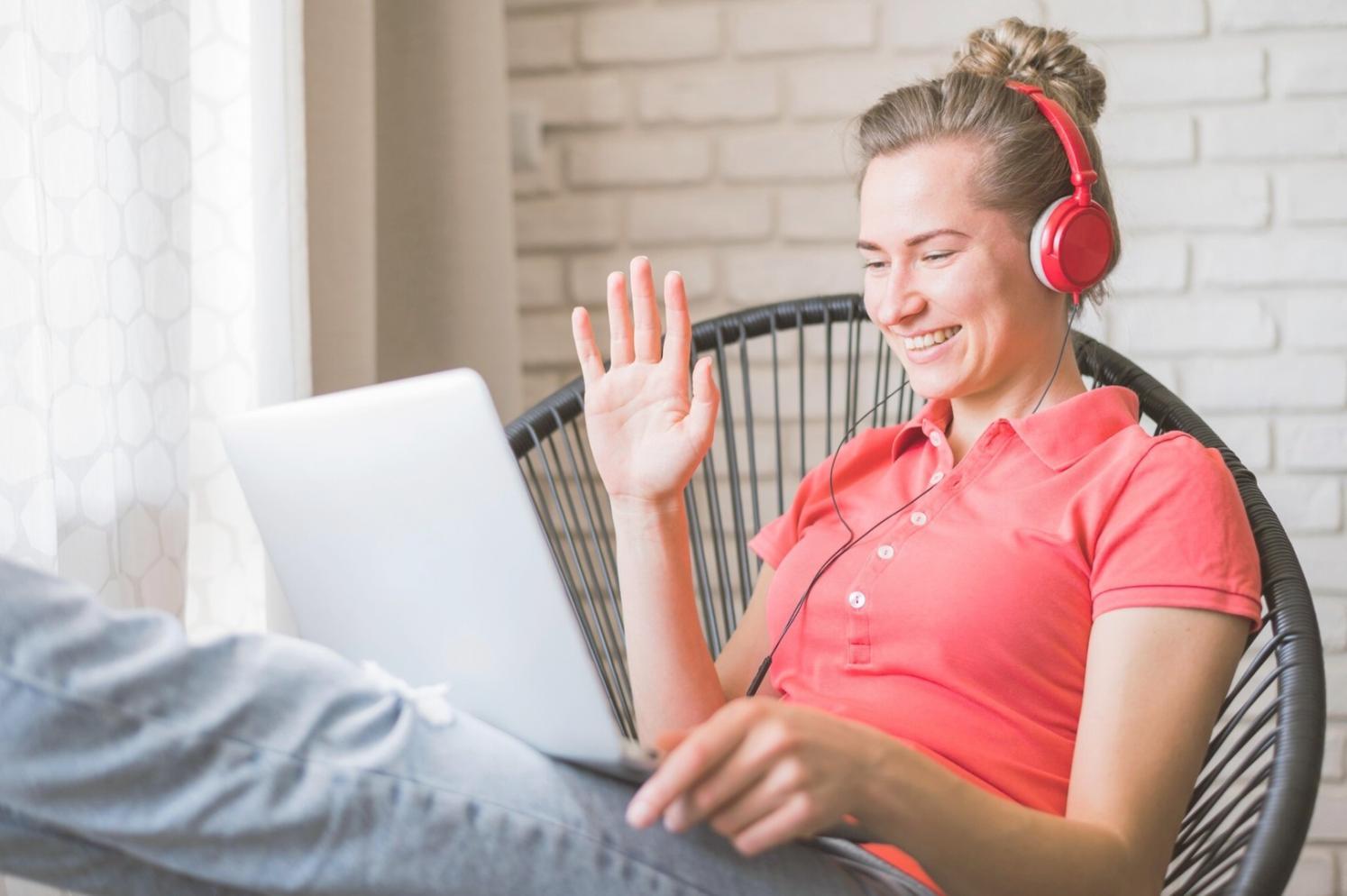Remote Learning Connection Strategies
Building meaningful engagement and participation in virtual learning environments requires intentional design and authentic interaction approaches that foster genuine connections between learners and instructors.
Participation Techniques That Work
Effective remote learning isn't just about delivering content—it's about creating spaces where learners feel comfortable contributing, asking questions, and engaging with material in meaningful ways.

Structured Discussion Frameworks
Creating predictable yet flexible formats for online discussions helps learners prepare thoughtful contributions while maintaining spontaneous interaction opportunities.
- Weekly question threads with peer response requirements
- Small group breakout sessions with rotating facilitators
- Anonymous question submission systems for shy participants
- Video response assignments for deeper personal connection
Real-Time Engagement Tools
Interactive elements during live sessions keep attention focused and provide immediate feedback on comprehension levels while accommodating different participation styles.
- Poll integration for quick comprehension checks
- Collaborative document editing during sessions
- Chat moderation that highlights key questions
- Screen annotation tools for visual learners
Asynchronous Connection Building
Not everyone thrives in live environments. Asynchronous methods create multiple pathways for meaningful participation and relationship development over time.
- Personal introduction videos with response threads
- Project collaboration spaces with flexible timelines
- Peer feedback systems with structured guidelines
- Resource sharing forums organized by topics
Building Authentic Learning Communities
The most successful remote learning experiences happen when participants feel genuinely connected to their instructors and peers, creating support networks that extend beyond course completion.
Regular Check-In Rhythms
Establishing consistent touchpoints helps learners feel supported without being overwhelmed by constant communication requirements.
Peer Learning Partnerships
Structured buddy systems and study groups create natural accountability while building professional relationships that often continue after courses end.
Flexible Participation Options
Multiple ways to contribute accommodate different schedules, learning styles, and comfort levels with various communication methods.
Meaningful Recognition Systems
Acknowledging contributions and progress in ways that feel authentic rather than mechanical helps maintain motivation throughout longer learning journeys.

"I've found that the learners who succeed most in remote environments aren't necessarily the most technically savvy—they're the ones who actively seek connections with their peers and aren't afraid to ask for help when they need it. Creating those pathways for connection is our job as educators."